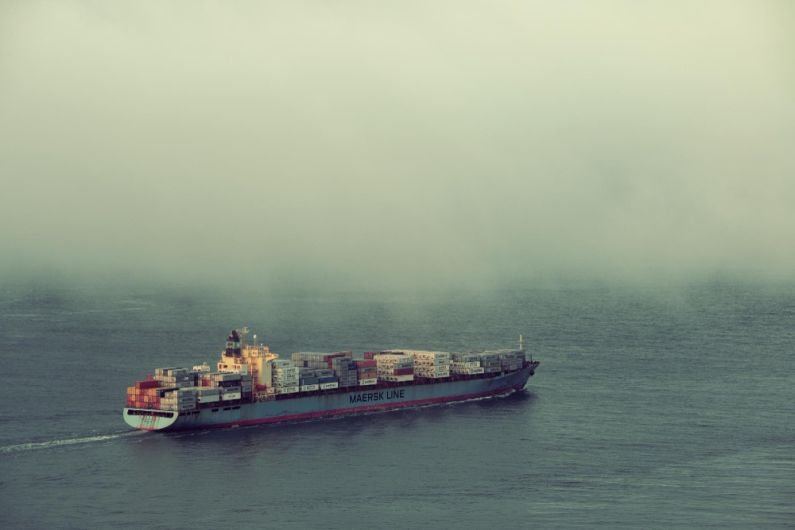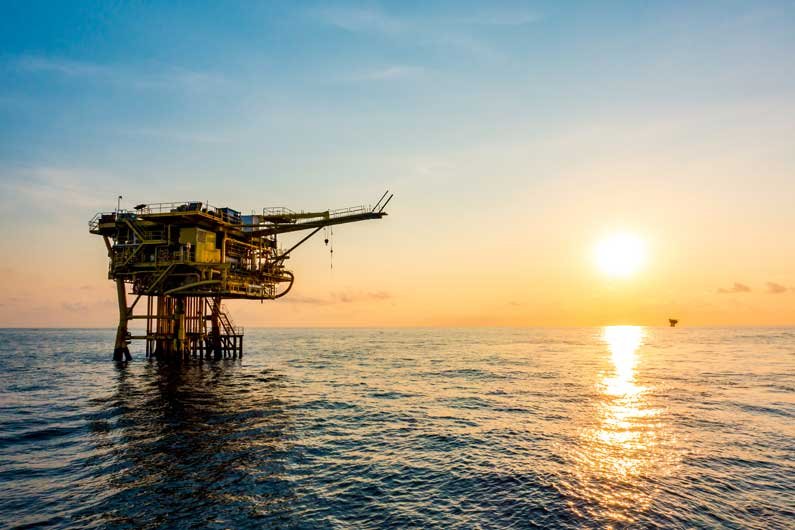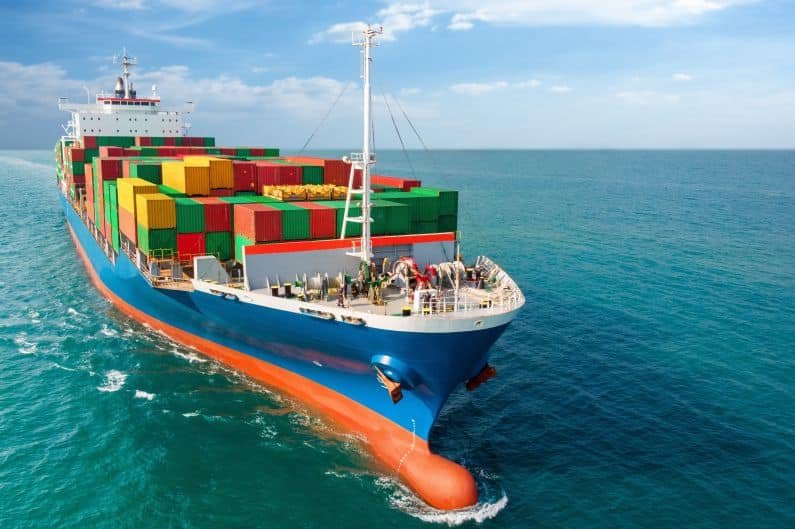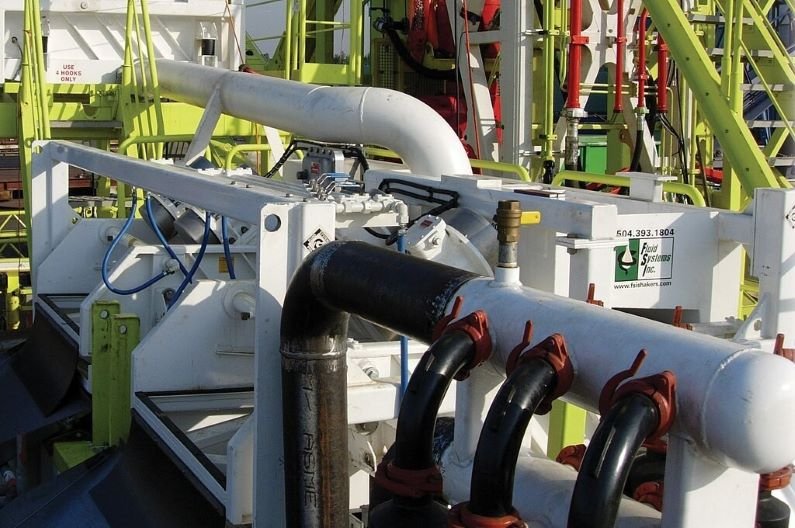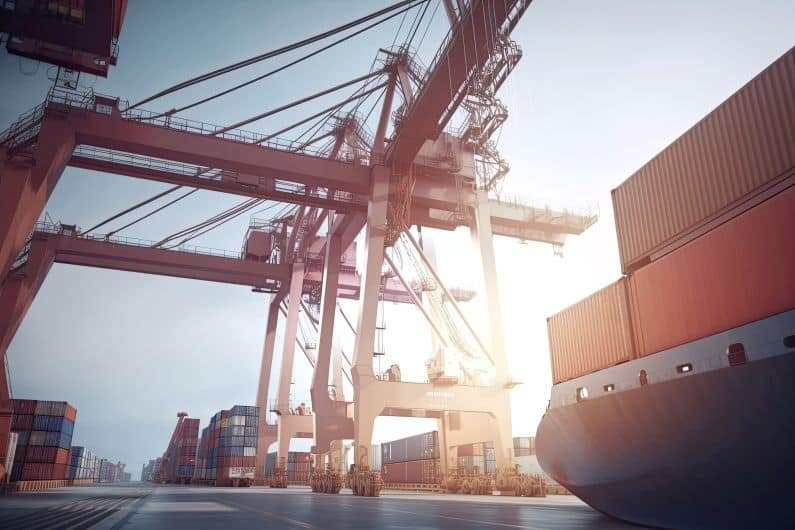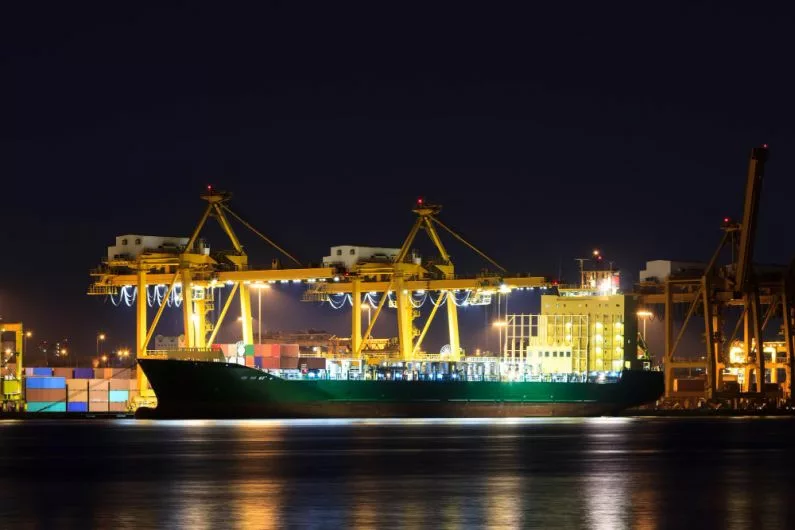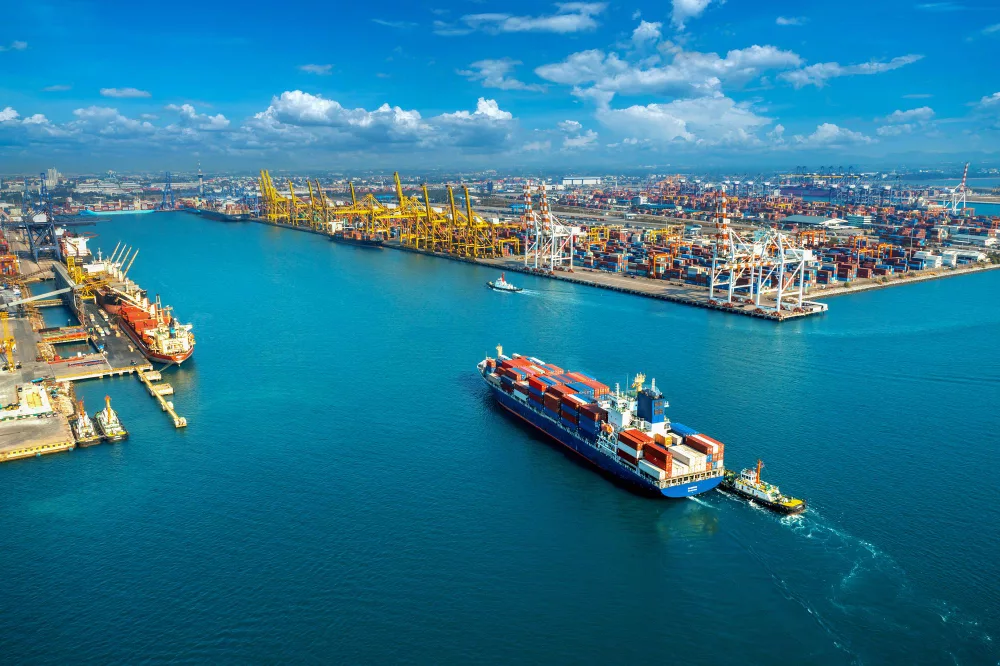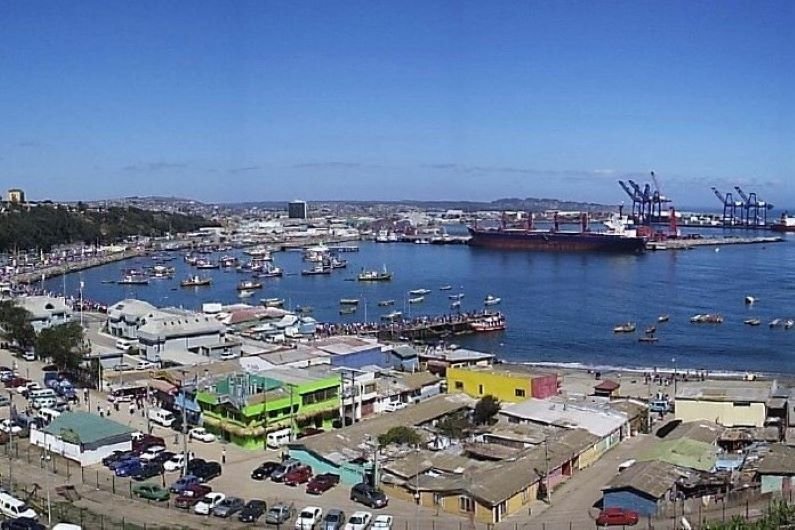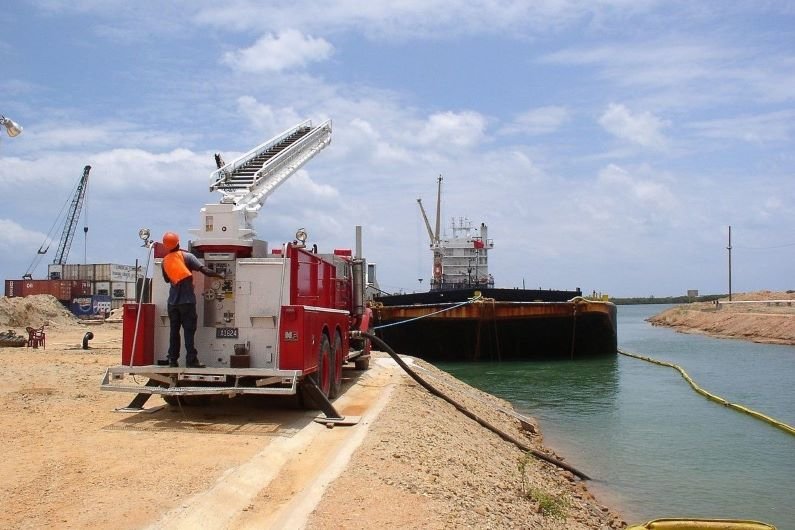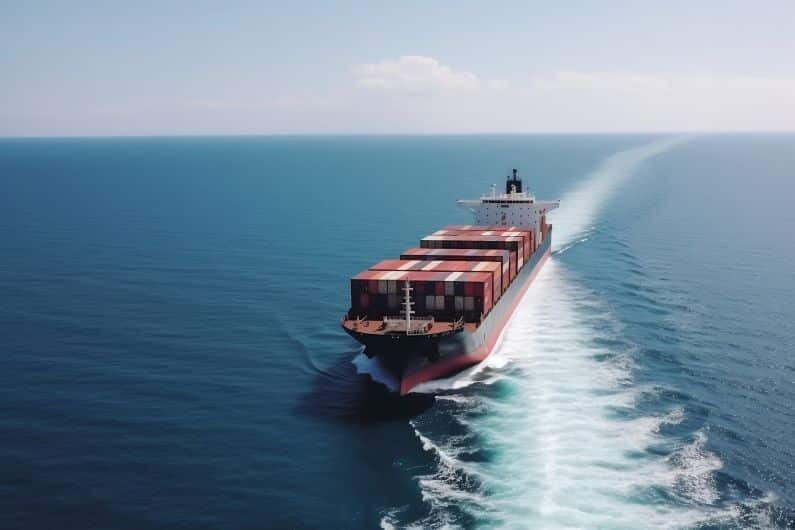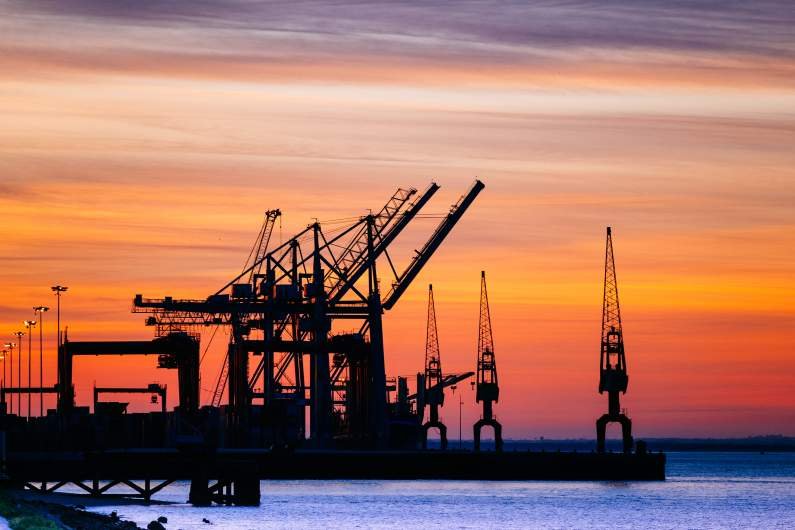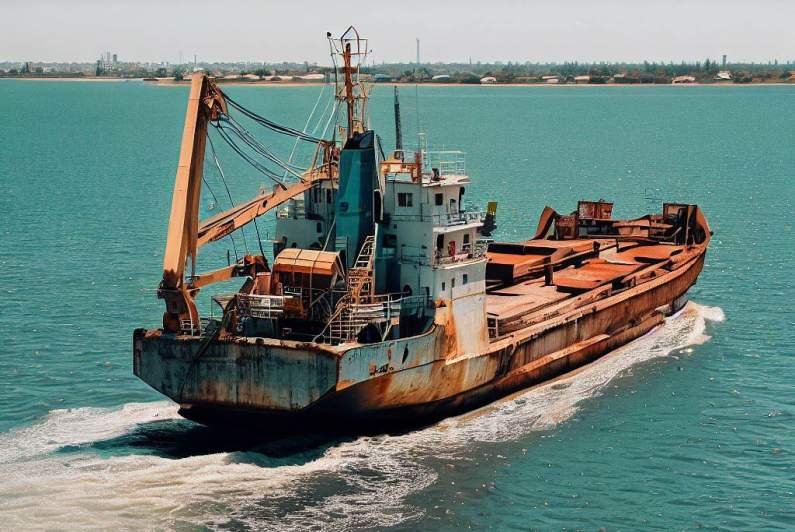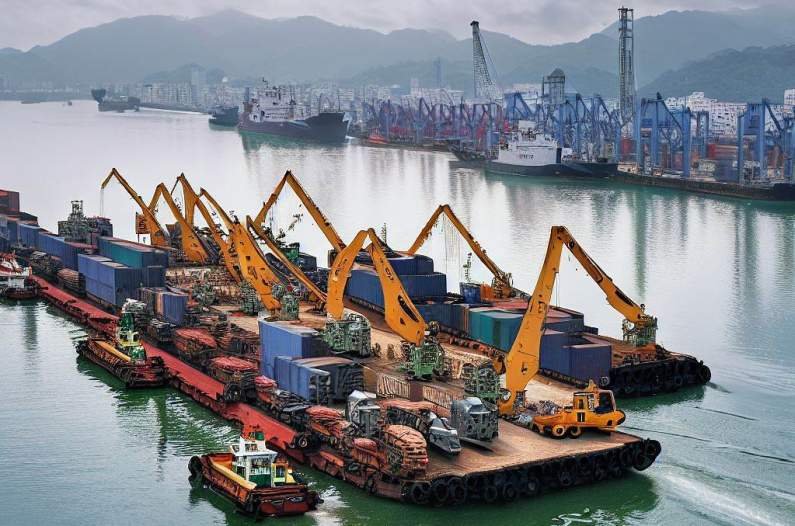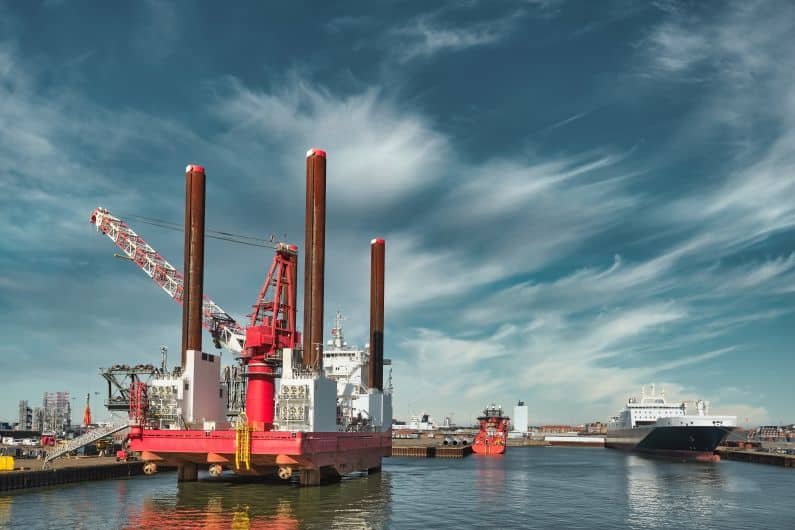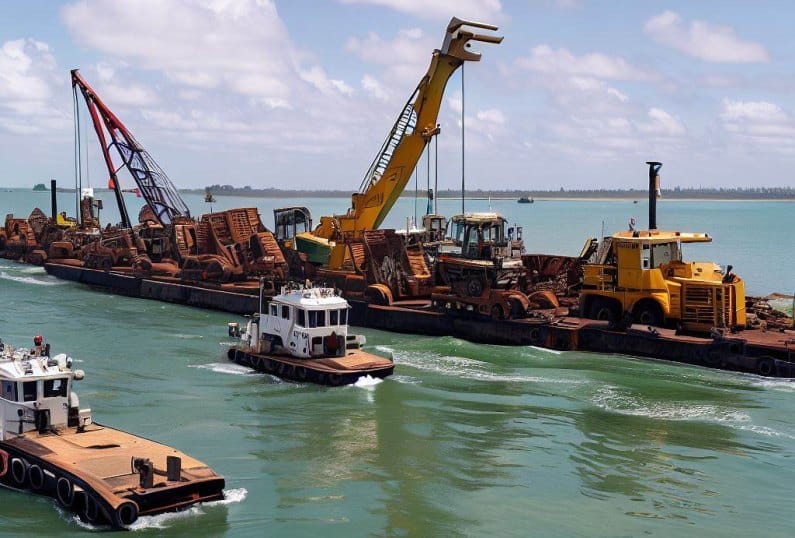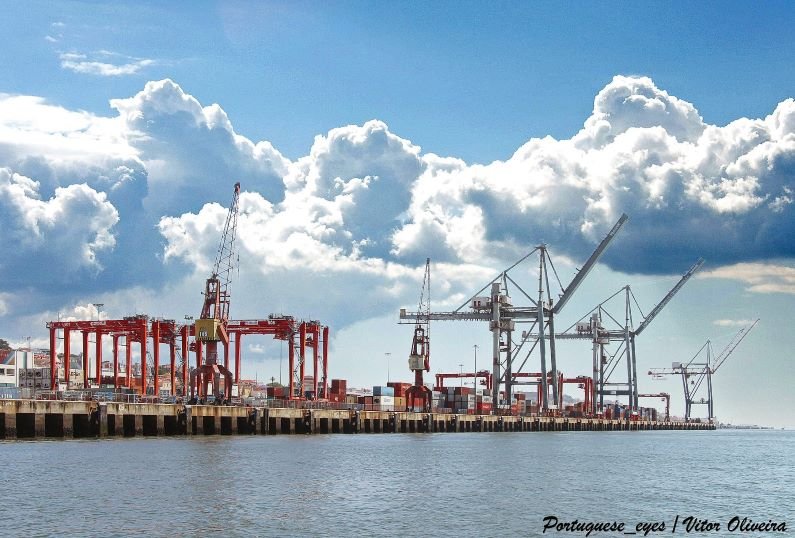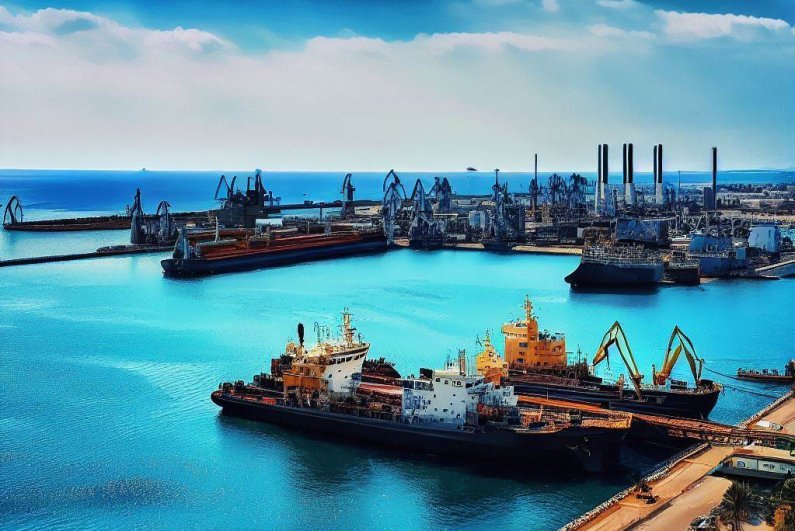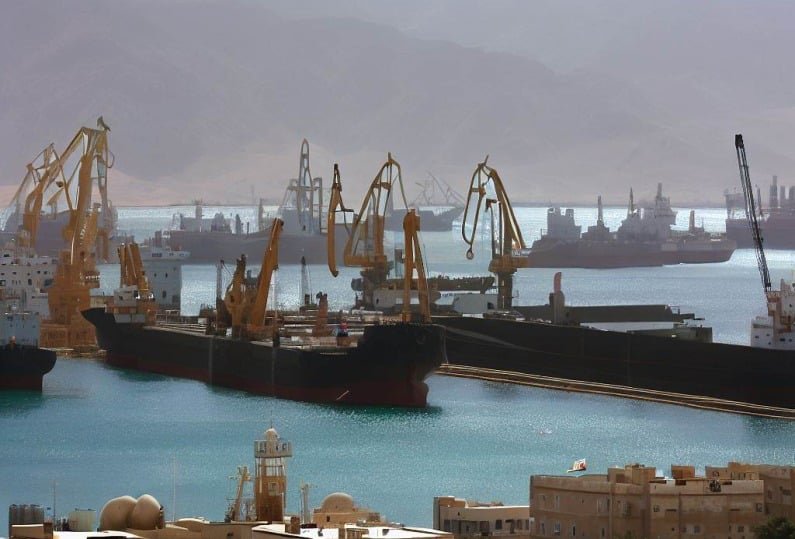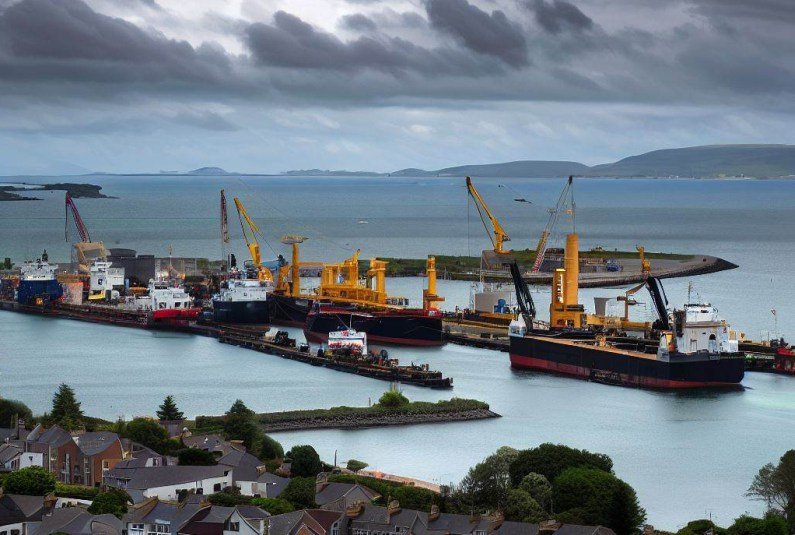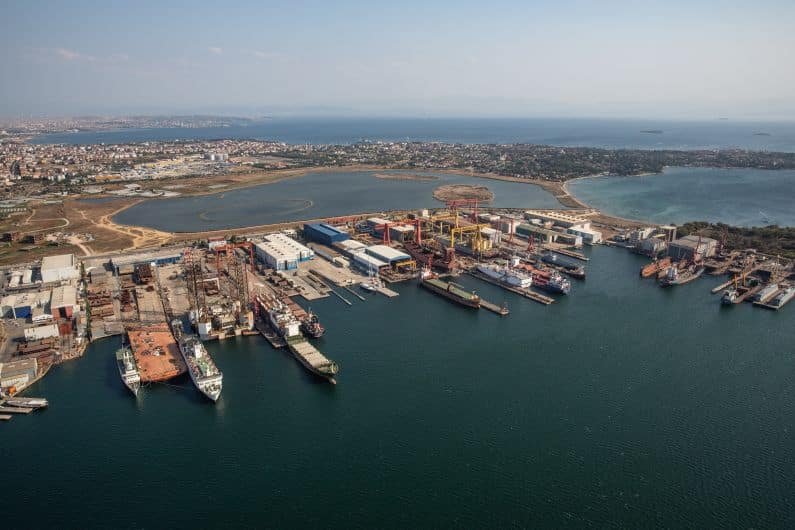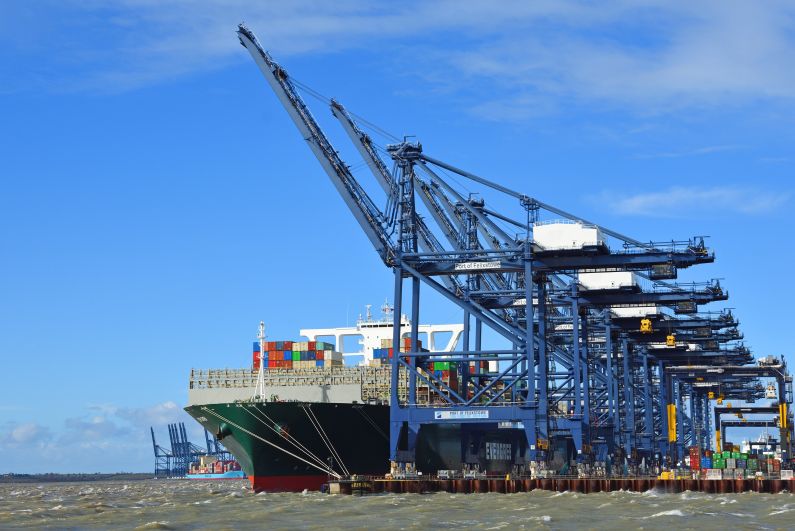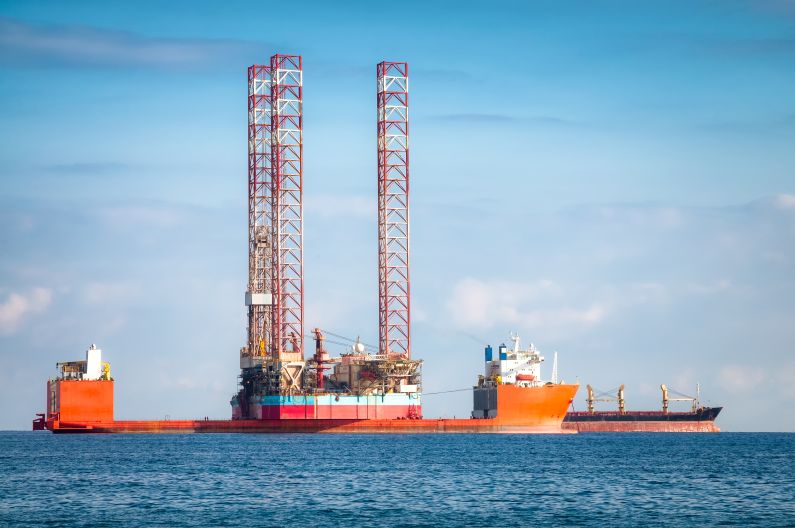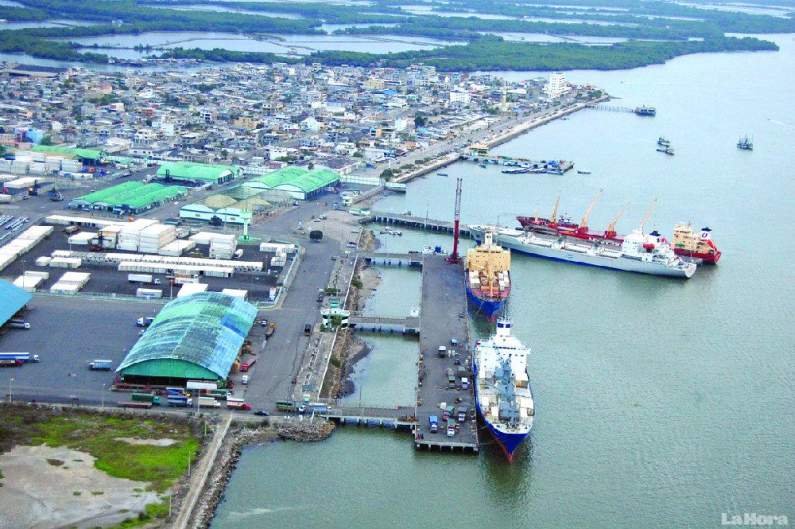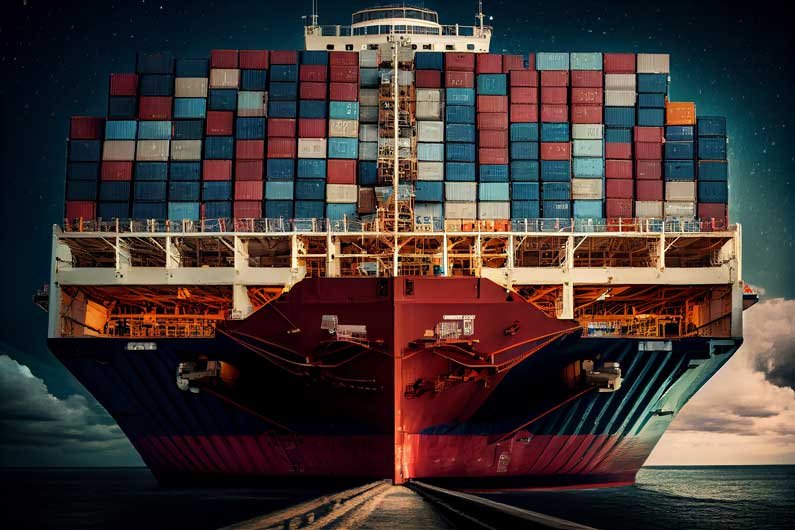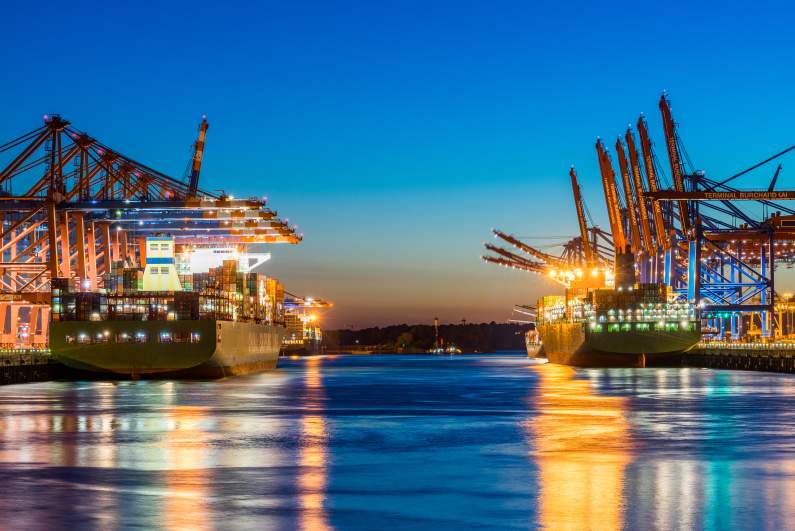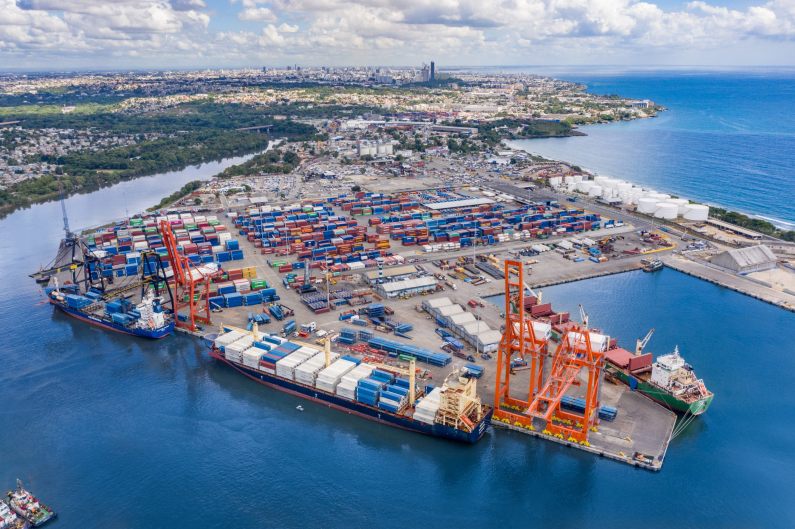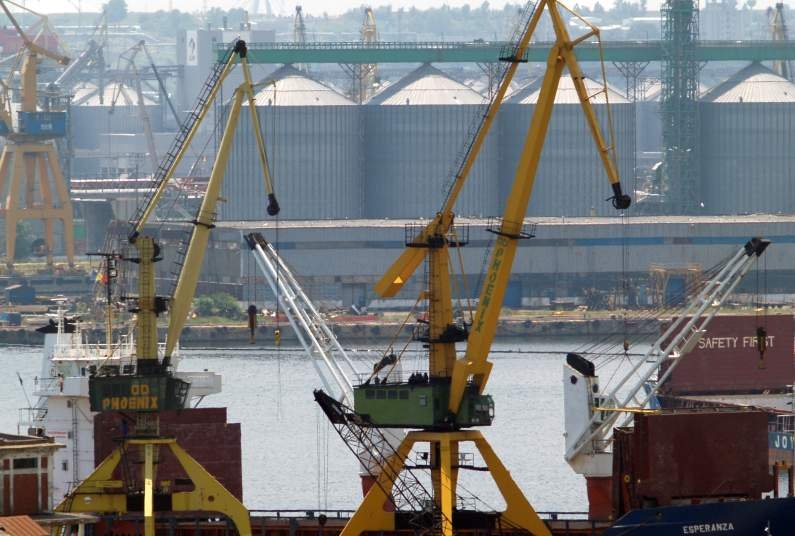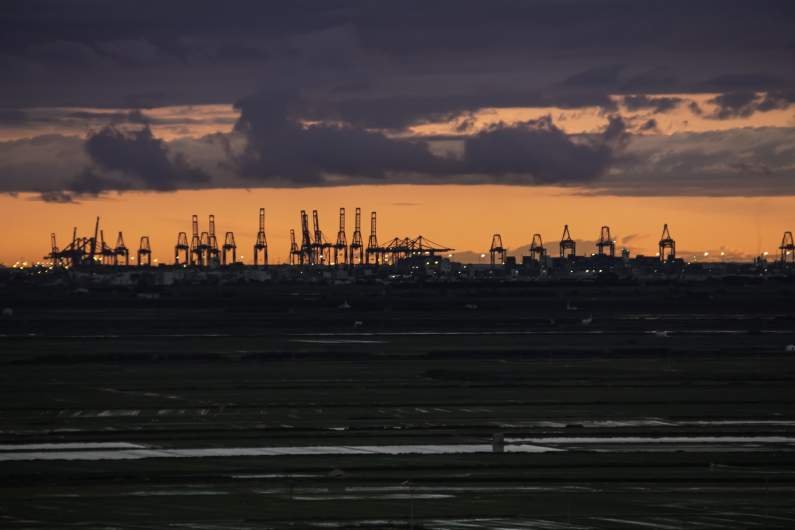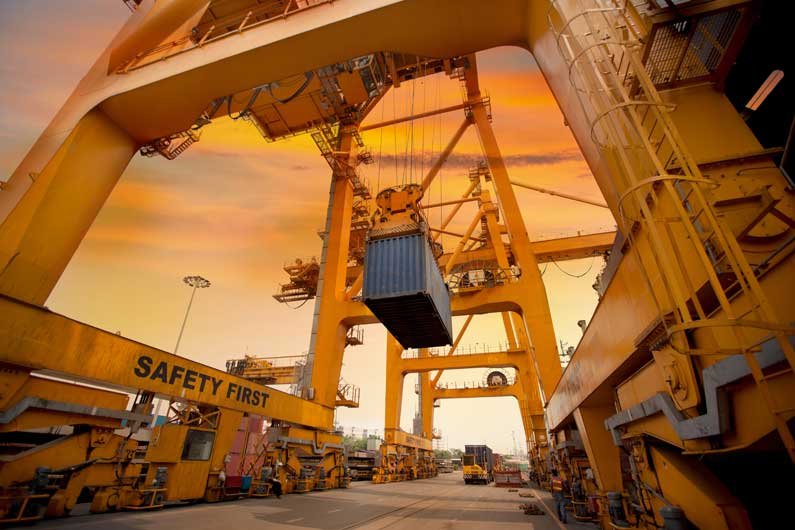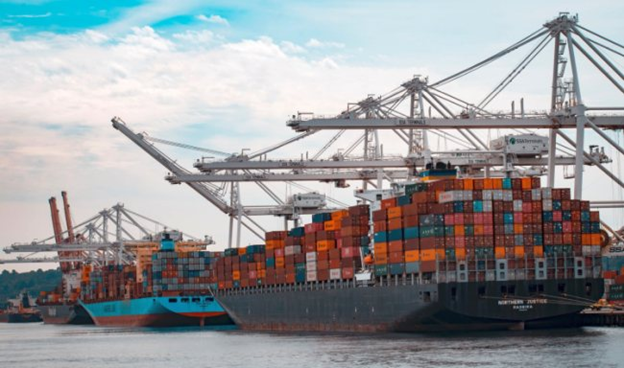In cargo shipping, the “General Average” principle plays a crucial role in distributing financial risk.
This age-old maritime law ensures that during a voyage if a sacrifice is made or an expense is incurred to save the voyage, the loss is shared proportionately among all the stakeholders as part of general average insurance.
What Is General Average?
General Average is a principle in maritime law that requires all parties involved in a cargo voyage to share in cargo losses due to a voluntary sacrifice made to save the ship and additional cargo from a common peril.
This principle is based on the idea that since all parties benefit from the successful completion of the voyage, they should all assume some of the risks.
All parties bear a proportional share of the costs of preserving the ship and cargo in an emergency event or other extraordinary situation.
General Average insurance is invoked when there is a potential for catastrophe. Some circumstances in which a general average situation could arise include:
- When cargo is jettisoned overboard to lighten the ship in a storm
- When the ship is damaged, to save the cargo
- When the ship is intentionally grounded to prevent it from sinking
- When salvage costs are incurred to save the ship and cargo from peril
Cargo owners are responsible for a portion of the total cost of the general average in proportion to the percentage of the total value of the voyage that their owned cargo represents.
Marine cargo insurance typically covers both the cargo owner’s proportional cost in the general average and provides for the required financial guarantee to release their goods. It is highly recommended that cargo owners secure cargo insurance and that logistics service providers offer to place cargo insurance on each and every shipment.
Calculating General Average Insurance
This can be a complex and expensive process. It requires obtaining the value of the ship, the value of the cargo, and any other interests involved with a specific voyage.
Take this example of the Ever Given, a large container vessel that blocked the Suez Canal in 2021, the owner declared a general average following the work to refloat the ship. The effort to get it moving again required more than a dozen tugboats and multiple dredgers.
Authorities in Egypt could seek more than $1 billion in damages to cover equipment used to free the ship, the 800 people who worked to free the ship, and the loss of canal revenue. The general average insurance process in this case is expected to be lengthy due to the size of the vessel and the number of cargo owners involved.
Implications for Freight Forwarders and Clients
For freight forwarders, understanding and managing General Average insurance is vital. They need to ensure that all the necessary paperwork and declarations are in order, which can be quite complex.
They also act as intermediaries, explaining the situation and the associated responsibilities to their clients. For clients, this principle underscores the unpredictability of maritime shipping and the importance of being prepared for any eventuality.
The Necessity of General Average Insurance
Insurance is indispensable in the realm of cargo container shipping, not least because of the General Average principle. It protects the financial interests of cargo owners by covering their potential contributions towards General Average losses. Without adequate insurance, cargo owners could face significant out-of-pocket expenses when General Average is declared. Insurance companies evaluate the risk and charge premiums accordingly, which helps stabilize the financial aspects of shipping operations.
Professional and reliable freight forwarders will offer cargo insurance as part of their services.
Case Study: The Baltimore Incident
In March 2024, the shipping industry witnessed a significant General Average incident in Baltimore. Here, an unexpected accident during a routine voyage led to considerable damage and subsequent General Average declaration.
This case study highlights how swiftly an unforeseen event can turn into a costly affair for all parties involved.
The vessel involved encountered mechanical issues that compromised its safety. In response, actions were taken not only to safeguard the crew and the ship but also to prevent environmental damage, further emphasizing the multifaceted responsibilities involved in such situations.
The costs incurred, which included repairs and delays, were substantial. As General Average insurance was initiated, all cargo owners were required to contribute to these expenses.
This incident serves as a compelling reminder of why comprehensive insurance coverage is crucial.
It helps mitigate the financial burden faced by individual freight and logistics forwarders and provides a safety net that supports the overall continuity of shipping operations.
General Average insurance is a fundamental principle in maritime law that requires all parties to share the financial burden of actions taken to preserve a voyage.
For both freight forwarders and cargo owners, it highlights the unpredictable nature of sea transport and the critical role of adequate insurance.
The incidents in the Suez Canal and Baltimore serve as a stark reminder of the complexities and potential costs of cargo shipping, reinforcing the importance of being well-prepared and well-insured.
Through such precautions, stakeholders can protect their investments and ensure smoother sailing, even when unexpected events occur.

